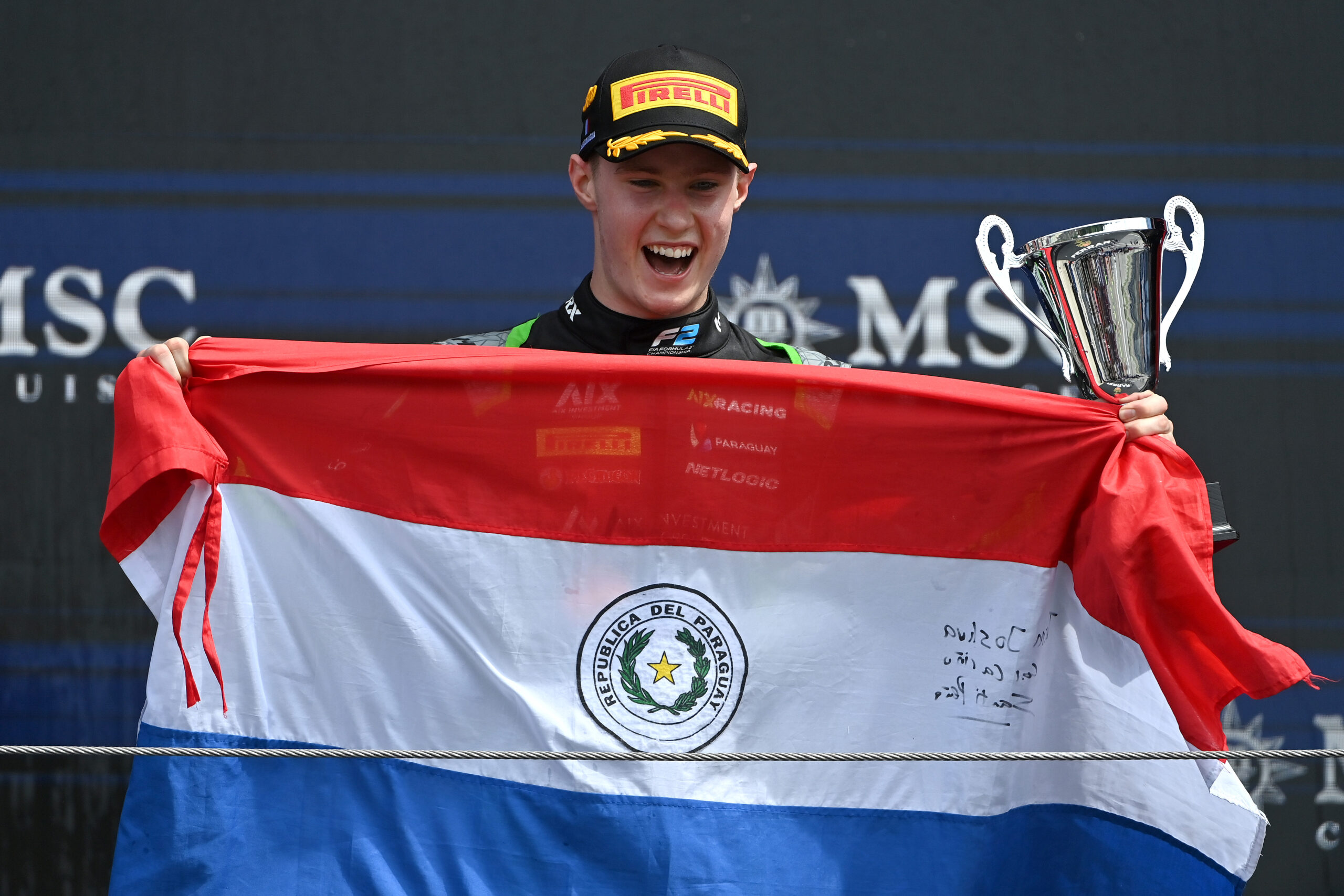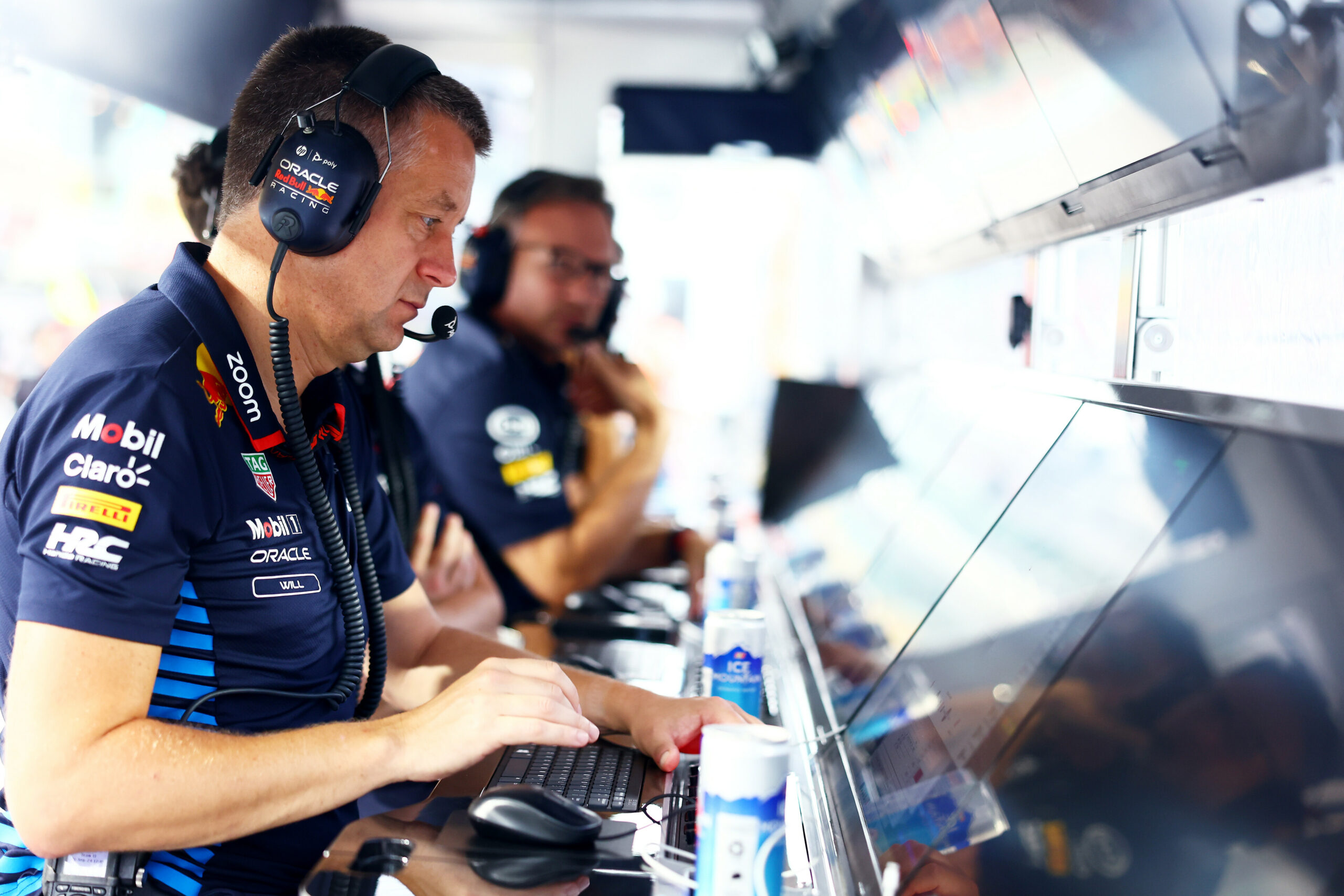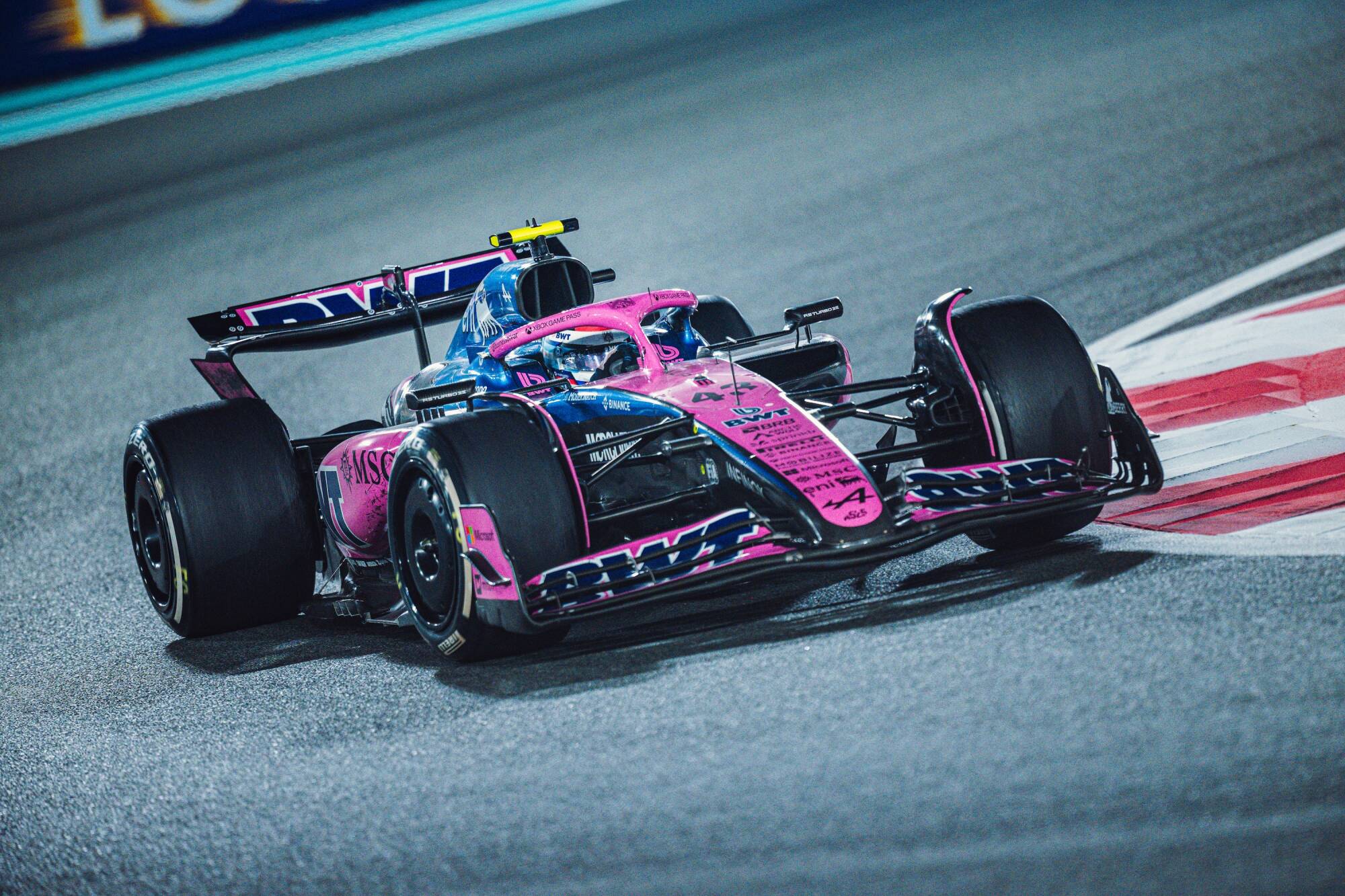The Brazilian Grand Prix was a rollercoaster for the Mercedes Formula One team, leaving Team Principal Toto Wolff to dub it the ‘worst weekend’ in his 13 years in the sport. The team’s trials began during the sprint race in Interlagos, setting off what Wolff described as ‘alarm bells’ that echoed through the paddock.

Despite a glimmer of hope for the team due to an updated floor for the US Grand Prix, Mercedes severely underperformed at Sao Paulo. Lewis Hamilton crossed the finish line in eighth place and George Russell faced an early retirement with only 14 laps to go.
Russell reportedly retired from the race to protect the power unit due to rising oil temperatures and ‘worrying’ pressures.
Riccardo Musconi, the Head of Trackside Performance, shed light on the weekend, stating,
“The long run pace we showed in free practice was quite reassuring. We didn’t think that we needed to change the car around, so we went into qualifying, and the results were around the third row. In a way, we were not pleased with it, and we felt the car deserved more.”
However, these high hopes quickly gave way to concern during the sprint race. Musconi explained,
“The alarm bells went out during the sprint race because, after the encouraging first two laps, the degradation of our car was quite high, mainly coming from the rear axle. At that stage, we worried about our performance on the Sunday.”

In response to the degradation, a hurried simulator session was organised back at the Brackley factory. With limited opportunities to tweak the setup due to parc ferme rules and the sprint format, Saturday’s snapshot of the car’s capabilities presented a ‘bleak picture’ of what Sunday had in store for the silver arrows, with Musconi claiming,
“We were hoping that addressing some of the issues we experienced on Saturday, like pushing very hard on the first couple of laps, doing a bit more management and trimming a bit the balance of the car with the flap, would have been enough to put us in a more comfortable position for Sunday”
Unfortunately, Sunday painted a similar picture for the team. Despite attempts to improve the rear axle degradation, the team found themselves grappling with understeer, hindering the W14’s ability to navigate corners.
Mercedes stated that, unlike other competitors, breaking parc ferme rules to modify the setup was “off the table.” The consequences of this decision became evident on the track.
As the chequered flag waved in Brazil, Mercedes was adamant that they must work to fine-tune their strategy and come back stronger in the remaining races of the 2023 season, and most importantly, for 2024.




